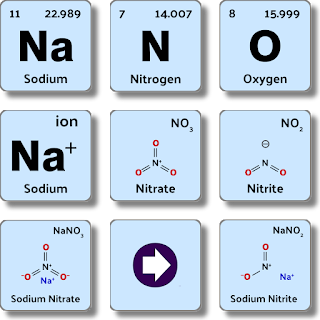It used to be, in a more innocent age, that reputation was the only thing responsible journalism had going for it. We might think of Edward R. Murrow and the Red Scare, say, or Woodward and Bernstein, reporting on Watergate. But this is actually a fairly recent development, that hard news reporters have been held to any standards at all. Not so along ago, it was called the Yellow Press, meaning they emphasized sensationalism over facts. Joseph Pulitzer, at the New York World, and his fierce competitor William Randolph Hearst, at the Journal.
Hearst, famously, sent Richard Harding Davis to Cuba, where Spain was brutally suppressing a rebellion, and when Davis asked what the assignment was, Hearst supposedly told him, You provide the dispatches, and I’ll provide the war. This was of course the tail-end of the 19th century, and we’d like to persuade ourselves that this species of naked opportunism has gone the way of the robber barons, but just as the oligarchs are still with us, so is tabloid journalism.
More to the point, the distinction’s been blurred, between the so-called mainstream media and the shock jocks. You can look to the British tabloid press, Rupert Murdoch’s News of the World (now deceased), for example. And its sister paper, the Sun, longtime home of the Page Three Girl. Aside from tits, both papers were widely known for using paid informants, especially for celebrity scoops and in particular the Royal Family. NotW was done in by the phone hacking scandal that dragged down the Murdoch-owned parent company – which got major traction when Prince Harry sued them, but it’s a much bigger story than that.
I realize a lot of this is inside baseball, and if you haven’t followed the story, your reaction might well be, So what? The what is this. Jeff Bezos of Amazon bought the Washington Post from the Graham family in 2013. He’s kept hands off, editorially: the Post has reported unfavorably about Amazon business practices, like union-busting, and nobody’s spiked the stories; Bezos clearly wants the paper to maintain its cachet, he gets bragging rights, and he’s not going to make it a castrato, e.g., Musk and Twitter.
On the other hand, the paper is hemorrhaging revenue, and while Bezos must enjoy basking in reflected glory, he’s not dumb enough to pour millions down a rathole.Enter the man on a mission, Will Lewis, who took the job of publisher in January of this year. Lewis is a Brit, the chair of Dow Jones (parent of the Wall Street Journal) from 2014 to 2020, when he was short-listed for director of the BBC, but the nomination was clouded – more on this, below – and his name withdrawn. Latterly, since taking over the Post, he’s taken heat for the resignation under fire of the executive editor, Sally Buzbee, who says he pressured her to spike a story about, wait for it, Lewis’ involvement in the Murdoch tabloids’ phone hacking scandal. Back in the day, he’d hired on with the Murdoch parent corporation, and he managed much of their response to the crisis.
If you want the really dirty details, there’s an excellent and exhaustive piece in The Daily Beast, which suggests, at a minimum, that Lewis actively interfered with a police inquiry, deleting incriminating internal email traffic, for openers, and then claiming the outgoing Labour government was to blame, for trying to hack into Murdoch organization executive emails.
I say baloney, and I’m joining the back of the queue.
If you follow the trail, both old and new, Will Lewis would appear to be what the Brits call a bounder. We’d call him a slime. Trust me, I’ve just skated over the surface. The real question is, why hasn’t Jeff Bezos fired this bum? Lewis makes the Post look bad, and he makes Jeff Bezos look a fool. It's not a good look for the King of the Jungle.




















